Evidence concerning differences in capabilities to realize aspirations is prevalent. Whether one considers the labor market as a whole, or one focuses on specific segments, disparities in the probability of “success” between men and women exist despite decades of efforts to eradicate them. We all clearly need to learn more about the causes and the consequences of these disparities. Gender Gaps Conference is an annual event for scholars interested in this field. The theme for 2021 will be flexibility in working time arrangements as well as equality in reaching aspirations.
We invite papers studying gender inequality from the fields of economics, management, sociology, and social psychology. Research at the intersection of professional aspirations and flexibility of working time arrangements is particularly welcomed. The conference is open to empirical quantitative work, experimental studies as well as qualitative work. Empirical and experimental papers with strong theoretical foundations will be considered a priority, but studies advancing econometric and statistical tools measuring gender inequality as well as specific case studies are cordially invited as well. We invite papers on a broad range of issues, including but not limited to:
- evidence from field, laboratory and natural experiments;
- econometrics of estimating the gender gaps;
- determinants of gender gaps, such as labor market and other institutions, demographic processes, cultural changes and structure change;
- country, sector, occupational, regional as well as comparative studies;
- theoretical approaches to gender gaps in employment, wages, reaching aspirations and other outcomes.
We aim to create a forum where scholars interested in the analysis of gender gaps in the labor market can present and discuss theoretical, empirical and policy-related research. The format of the conference accommodates for engaging communication about the invited papers: we plan approximately 30 minutes for a presentation and each paper will be assigned a discussant. We plan for plenary sessions, but in the case of many high quality papers submitted to the conference, we will organize additional poster sessions with ample space for discussion in a friendly atmosphere.
The keynote speakers are Andrea Weber and Julia McQuillan.
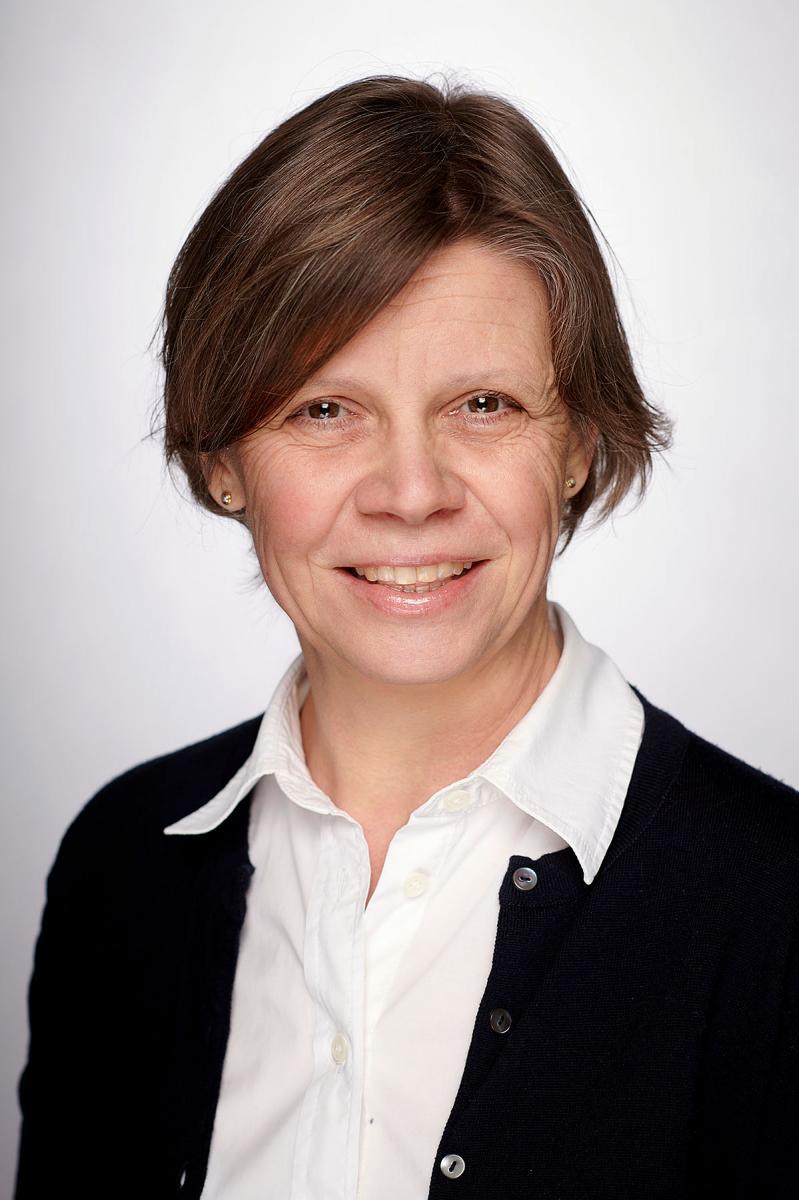
Andrea is a professor at the Central European University and a co-editor of the Journal of Public Economics. She is a also a research fellow at the Institute of Labor Economics and a fellow at the CEPR. She obtained her PhD from the Vienna University of Technology and an MA in Mathematics from the same university. Andrea's research mainly focuses on labor economics and applied econometrics with particular emphasis on gender inequality. Before joining the CEU, she was a Professor at Vienna University of Economics and Business and the University of Mannheim and was a visiting assistant professor at University of California, Berkeley.
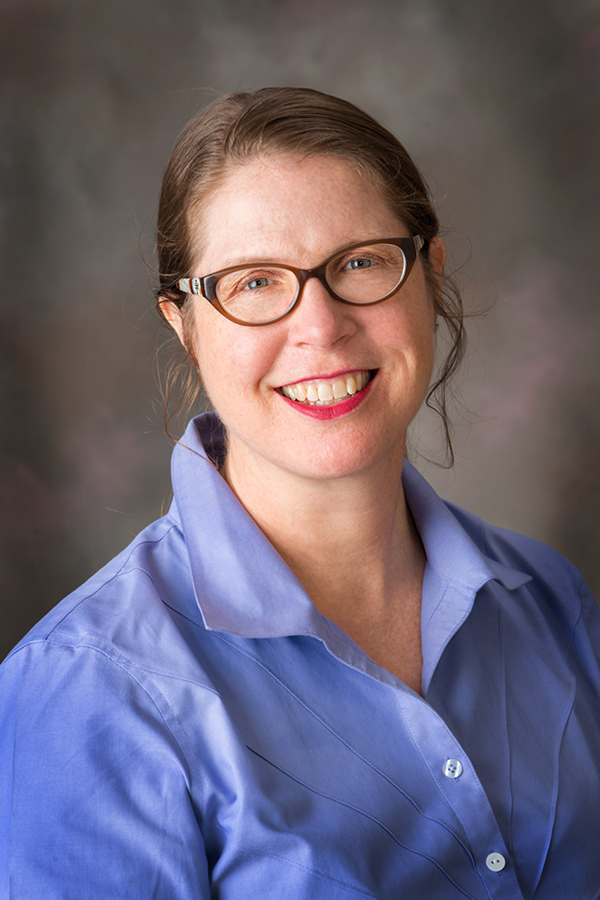
Julia is Willa Cather Professor of Sociology at the University of Nebraska-Lincoln. She uses fundamental social psychological theories and rigorous research designs and analyses to study changing structures and practices to increase gender equity and wellbeing. She was part of a team that created the two-wave, public use dataset called the National Survey of Fertility Barriers. Through an interdisciplinary team she studied factors related to recruiting, retaining, and promoting women in Science, Technology, Engineering, and Mathematics (STEM) fields and ways to transform academia to create greater diversity and inclusion. Her current agenda concerns engaging youth network science for health knowledge and careers, with particular emphasis on ways to attract and support people from underrepresented communities (e.g. women of all racial/ethnic groups and men from black, indigenous, and communities of color). She was an editor of Gender & Society.
Papers or extended abstracts should be submitted before April 1st, 2021. We are happy to address whichever questions you may have before that date. The decisions of the Scientific Committee will be distributed before May 1st, 2021. Full papers will have a priority over extended abstracts, but our aim is to construct a coherent and engaging event, giving all participants fruitful forum to exchange ideas and engage in scientific collaboration.
Unfortunately, we have to organize the conference in a digital format due to the pandemic. There is a conference fee of 80 euro. PhD students may apply for a reduced fee of 50 euro.
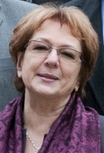
Irena Kotowska is Head of Centre for Demography, Institute of Statistics and Demography, at the Warsaw School of Economics. She works as a professor in Economics and Demography, as vice-president in the Foundation for Polish Science, and as president of Demographic Sciences Committee in the Polish Academy of Sciences. She participates in an expert team developing the family policy programme at the Chancellery of the President of Poland. She represents Poland in European Statistical Advisory Committee at Eurostat and has been appointed a member of Expert Group on Social Investment for Growth and Cohesion at the European Commission.
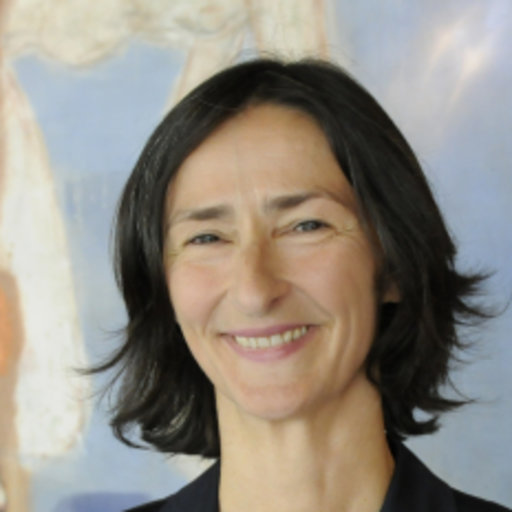
Astrid Kunze is a Professor of Economics at the Norwegian School of Economics in Bergen, Norway. From 2000 to 2002, she was employed as a Research Associate at IZA. She holds a Ph.D. from University College London and an MSc from University of Bielefeld. Her main research interests are labor economics and applied micro-econometrics. She is particularly interested in the causal effects of public policies on labor market behavior. Astrid has conducted studies on the evaluation of parental leave policies, child care programs and cash-for care policies, as well as gender quotas on boards.

Michal Myck is Director and Member of the Board of CenEA and a Research Fellow in the Public Economics department at DIW-Berlin. Since 2005 he has been the Polish Country Team Leader for the Survey of Health, Aging and Retirement in Europe (SHARE). He is a Research Fellow at IZA Bonn. His work is currently centered on modeling of labor market behavior, the relationship between health and employment, the effectiveness of welfare to work programs, and the structure of personal taxes and benefits.

Irene Van Staveren is head of the PhD programme and project leader of the online database Indices of Social Development at Erasmus University in Rotterdam and the Institute of Social Studies in Rotterdam. In addition, van Staveren is a member of the think tank Sustainable Finance Lab and she is on the editorial boards of the Journal of Economic Issues, Review of Social Economy, and Feminist Economics. She published in 2015 a pluralist economics textbook with Routledge, titled Economcis after the Crisis – an introduction to economics from a pluralist and global perspective.

Bram Timmermas Bram Timmermans is a Professor at the Department of Strategy and Management. Before joining NHH, Bram worked in the Norwegian institute sector as senior researcher at Agderforsknings’s Innovation Department and as associate professor in innovation studies at Aalborg University. Bram obtained a PhD in the economics of innovation from Aalborg University and received a MSc. in Innovation, Knowledge and Economic Dynamics from Aalborg University (2007) and a MSc. in Economic Geography (2004) at the University of Utrecht. His main research interest lies within the field of innovation and entrepreneurship, new venture team development and performance, labor mobility, team mobility, strategic human resource development, employee diversity, organization theory, relatedness and related variety, and industrial dynamics.
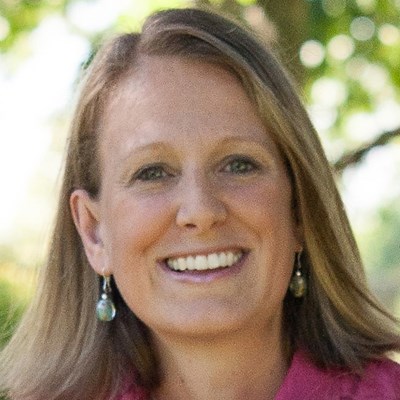
Siri Terjesen is a Dean’s Distinguished Professor of Entrepreneurship at Florida Atlantic University’s College of Business. Her research on entrepreneurship, corporate governance, and strategy has been published in leading journals such as Academy of Management Review, Journal of Management, Journal of Operations Management, Business Ethics Quarterly, Journal of Business Ethics, Leadership Quarterly, Academy of Management Learning & Education, and Strategic Management Journal, and featured in leading media including Bloomberg, US News & World Report, the Times, Huffington Post, and CNBC. She is an Associate Editor of Small Business Economics and Industry & Innovation, and a member of the editorial board of Entrepreneurship Theory & Practice, Leadership Quarterly, and Corporate Governance: International Review. Siri is a co-author of the Global Entrepreneurship Monitor’s Social Entrepreneurship report on the prevalence of social entrepreneurship in 60+ countries around the world.
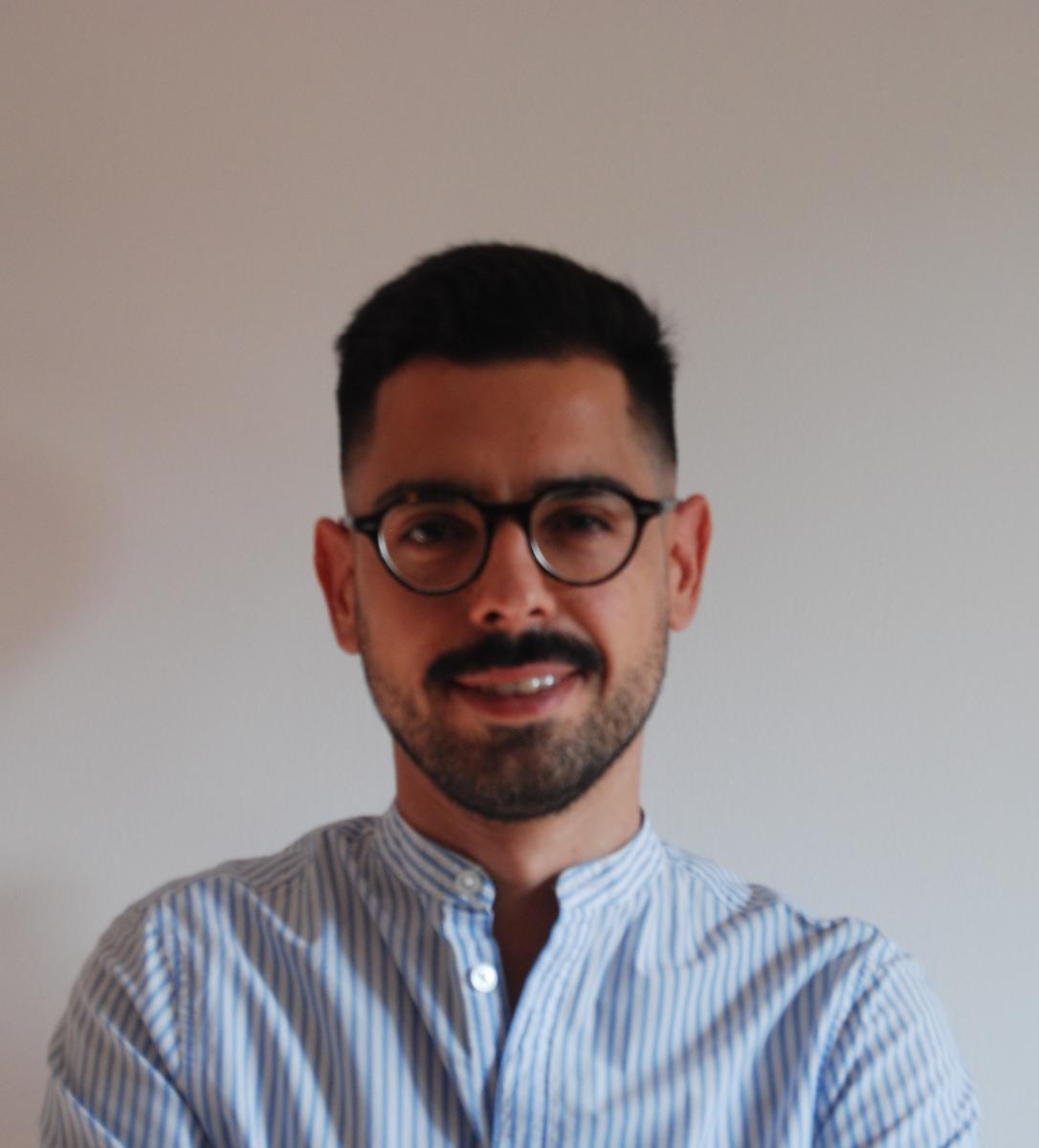
Jose Garcia-Louzao is a Senior Research Economist at the Bank of Lithuania and Affiliated Assistant Professor at Vilnius University. He has received his PhD in June 2019 from Universitat Autonoma de Barcelona and Barcelona GSE for his thesis “Essays in Job Mobility” under supervision of Ana Rute Cardoso (IAE-CSIC and Barcelona GSE). He has also been a visiting scholar at the Microdata Laboratory of the Bank of Portugal (BPlim). His research combines large administrative datasets and micro-econometrics techniques to study the determinants of worker mobility and wage dynamics. He has publications in international journals like British Journal of Industrial Relations.
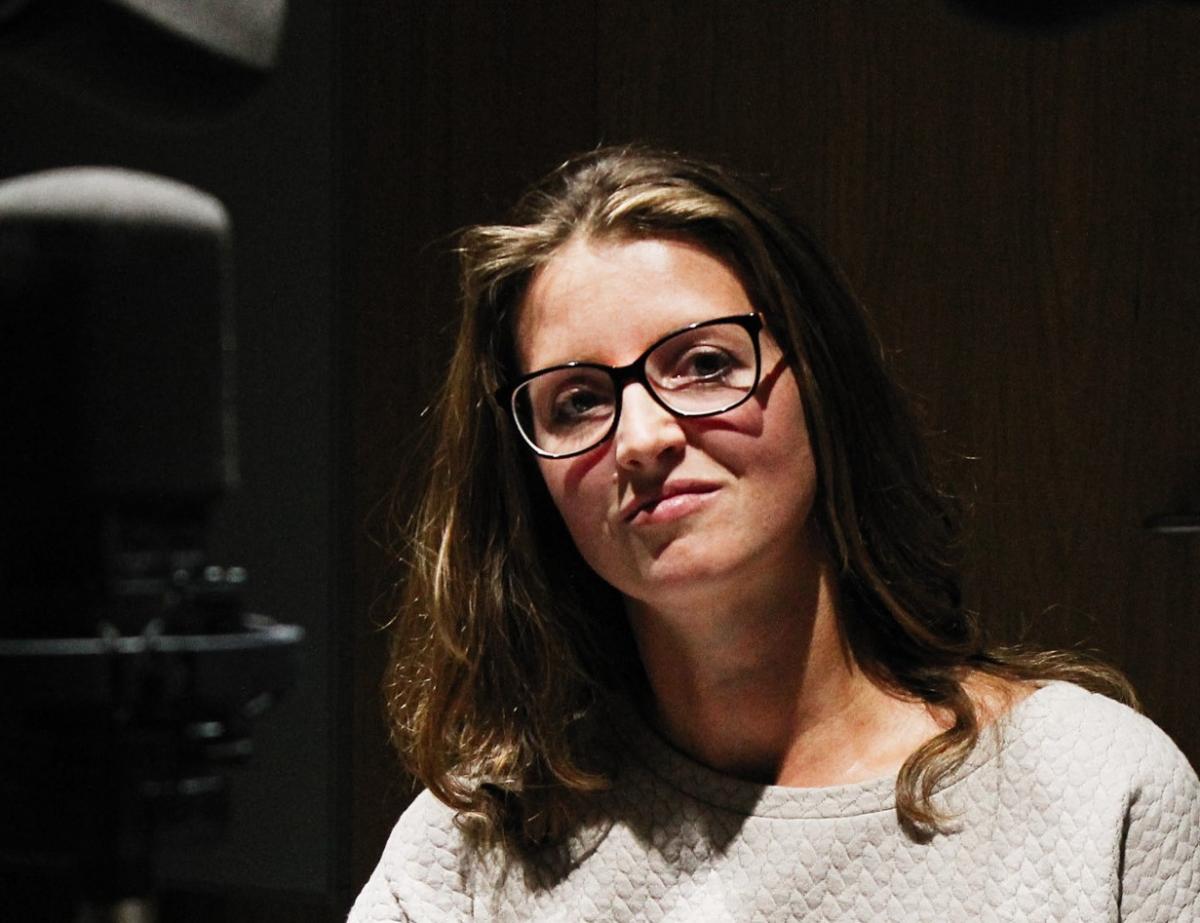
Jekaterina Navicke is an associate professor at the Social Policy Department at Vilnius University, Lithuania. Her interests and research topics cover poverty and inequality, social policy evaluation, social protection and labour markets. She received her PhD in Sociology from Vilnius University in 2015. She has been a Lithuanian country team leader for development of the tax-benefit microsimulation model EUROMOD since 2015. Since 2019 she has acted as a national coordinator of the European Social Policy Network. She has published in international journals like Social Indicators Research, Social Science Research, Journal of Baltic Studies.

Magdalena Smyk is an Assistant Professor at Warsaw School of Economics. She joined GRAPE in 2013 and joined the board in 2017. Previously, she cooperated with The World Bank and Institute for Structural Research. Her research interests concern the determinants of the occupational choice and labor market inequality. She has published on European Economic Review, Sociological Methods and Research and Social Indicators Research. She is particularly fond of experimental methods. Magdalena was awarded Ph.D. by University of Warsaw.
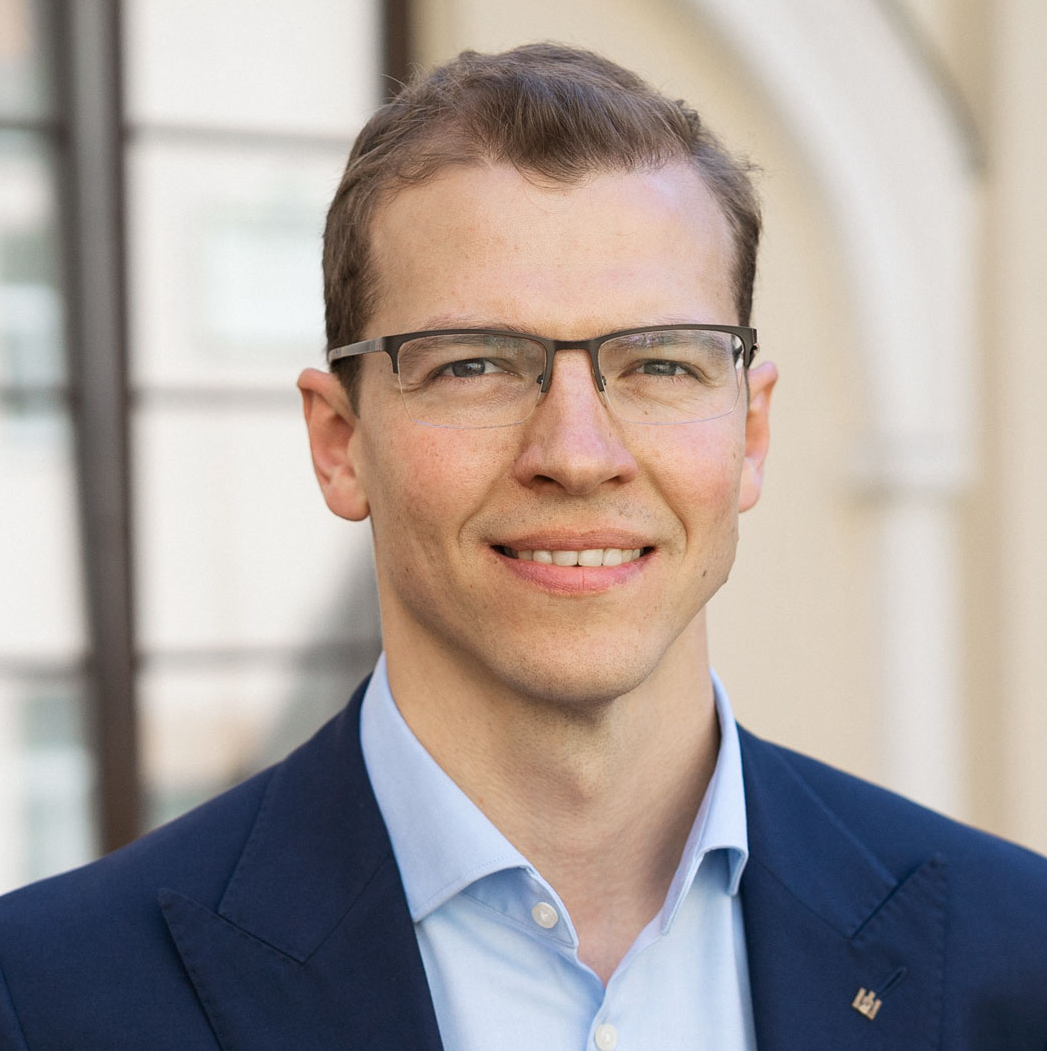
Linas Tarasonis is Vice Dean of the Faculty of Economics and Economics at Vilnius University and a Senior Research Economist at the Bank of Lithuania. He holds a PhD in Economics from Paris School of Economics since 2013 under supervision of Fabien Postel-Vinay (UCL). He has also worked as postdoctoral fellow at Aix-Marseille School of Economics from 2013 to 2016. His main research areas are Applied Microeconomics, Economics of Discrimination, and Labor Economics. His publications include articles in Economic Policy and Labour Economics. He is one of the founders and a board member of the Baltic Economic Association.

Joanna Tyrowicz is a professor at University of Warsaw. She co-founded GRAPE in 2011. Between 2007 and 2017 she served as an Economic Advisor at Economic Institute of National Bank of Poland, specializing in labor market and household issues. In 2009 she was a Fulbright Scholar at Columbia University, and in 2010 she was a Mellon Fellow at the Netherlands Institute for Advanced Studies. Her tenure book “Unemployment Hysteresis in Poland” was awarded the Prize for Best Economic Book of 2014 by Polish Economic Association. Her research interests concern empirical labor economics, inequality and social policy. She is an IZA Research Fellow. Her PhD was awarded by University of Warsaw, she also holds a degree from Katholike Universiteit Leuven.

Lucas van der Velde is an assistant professor at Warsaw School of Economics and a Researcher at GRAPE, where he joined in 2012. In 2019-2020 he was a Visiting Scholar at UC Berkeley, prior to that he has received the award for exceptional junior researchers from Ministry of Science and distinctions for his PhD thesis from University of Warsaw. He has published, among others, in Journal of Comparative Economics, Oxford Bulletin of Economics and Statistics as well as Journal of Economic Surveys. His work is centered on the issues of economic inequality and technology.
The conference under the auspices of Ministry of Education and Science of the Republic of Poland within the program "Scientific Excellence".


Scientific Committee will award a prize for the best paper by a graduate student.
Submissions due: April 1st, 2021
Acceptance notification: May 1st, 2021
Registration due: May 15th, 2021
Conference: June 17th - 19th, 2021
Should you have any question, please feel free to contact us by email.
Day 1 – June 17th, 10.00AM – 5.45 PM
|
09:30-10:00
|
Morning coffee - EARHART project and Norway Funds support
|
|
10:00 - 11:30
|
Elizaveta Pronkina (LEDa-LEGOS, Université Paris-Dauphine), USSR, Education, Work History, Fertility Choices, and Later-Life Outcomes Discussant: Michał Myck Audinga Baltrunaite (Bank of Italy), Mario Cannella (Northwestern University); Sauro Mocetti (Bank of Italy), Giacomo Roma (Bank of Italy), Board Composition and Performance of State-Owned Enterprises: Quasi-Experimental Evidence Discussant: Joanna Tyrowicz
|
|
11:45 - 13:00 [PhD session] |
Mathias Jensen (Copenhagen Business School), Gender Differences in Returns to Skills: Evidence from Matched Vacancy-Employer-Employee Data Ipek Yuekselen (IAB), Malte Sandner (IAB), The Early Career Gender Wage Gap for University Graduates Veronika J. Knize (IAB), Welfare Policies, Street-Level Organizations, and Gender Arrangements in Times of Workfare: The Gender Sanction Gap in Germany Discussant for the session: Astrid Kunze
|
|
13:15 - 14:45
|
Ben Lochner (Friedrich–Alexander University of Erlangen–Nuremberg, IAB), Christian Merkl (Friedrich–Alexander University of Erlangen–Nuremberg, IZA), Gender-specific search, matching and the residual gender wage gap Discussant: Linas Tarasonis Hannah Illing, (IAB), Johaness Schmieder (Boston University, NBER, IZA), Simon Trenkle (IZA, IAB), The Gender Gap in Eearnings Losses after Job Displacement Discussant: Jose Garcia-Louzao Perez |
|
15:15 - 16:15
|
Andrea Weber’s Keynote Lecture |
|
16:30 - 17:45 [PhD session]
|
Yuki Takahashi (Universita di Bologna), Gender Differences in the Cost of Contradiction Huyen Nguyen (Erasmus University Rotterdam, University of Hamburg), The (Great) Persuasion Divide? Gender Disparities in Debate Speeches and Evaluations Robert Stüber (WZB Berlin, Berlin School of Economics), Urs Fischbacher (University of Konstanz), Dorothea Kübler (WZB Berlin), Preference for Homogeneity? Occupational Segregation and Gender Stereotypes Discussant for the session: Julia McQuillan |
Day 2 – June 18th, 10.00AM – 5.45 PM
|
09:30-10:00 |
Morning coffee - EARHART project and Norway Funds support |
|
10:00 - 11:30
|
Ilona Pavlenkova (University of Tartu), Luca Alfieri (University of Tartu), Jaan Masso (University of Tartu), Effects of Automation on Gender Pay Gap: the case of Estonia Discussant: Aleksandra Parteka Annika Bacher, (European University Institute), The Gender Investment Gap over the Life-Cycle Discussant: Oliwia Komada
|
|
11:45 - 13:00 [PhD session]
|
Jonas Jessen (DIW Berlin, Free University of Berlin), Culture, Children and Couple Gender Inequality Johanne Bacheron (Aix-en-Marseille School of Economics). The impact of paternity leave on mothers' employment in Europe Mara Rebaudo (FIT, University of Freibourg), Martin Acht (FIT, University of Bonn), A Gender Gap in Gender Gaps: Social Norms and Housework Reporting Discussant for the session: Iga Magda
|
|
13:15 - 14:45
|
Ingrid Haegele (UC Berkeley), Talent Hoarding in Organizations Discussant: Bram Timmermans Laura Hospido (Banco de Espana, IZA), Olympia Bover (Banco de España, CEPR), Anna Lamo (European Central Bank), Gender and Career Progression: Evidence from the Banco de España Discussant: Andrea Weber
|
|
15:15 - 16:15
|
Julia McQuillan’s Keynote Lecture |
|
16:30 - 17:45 [PhD session]
|
Philipp Lentge (Leuphana University of Lüneburg), Boris Hirsch (Leuphana University Lüneburg), Non-Base Compensation and the Gender Pay Gap Johannes Carow (Johannes Gutenberg-University Mainz, MWVLW RLP), Christopher Koch (Johannes Gutenberg-University Mainz), Thorsten Schank (Johannes Gutenberg-University Mainz, IWH, IZA and LASER), Stefanie Wolter (IAB), Women on supervisory boards and the gender wage gap Esther Chevrot-Bianco (University of Copenhagen), It only takes a strong tie: Board gender quotas, personal connections, and women's access to the boardroom Discussant for the session: Siri Terjesen |
Day 3 – June 19th, 11.00AM – 4.15 PM
|
10.30-11.00 |
Morning coffee |
|
11:00 - 12:30
|
Julia Hatamyar (University of York), The Impact Of Workplace Breastfeeding Legislation on Labor Market Outcomes Discussant: Anna Matysiak Zeynep Yılmaz (Bilkent University), Pelin Akyol (Bilkent University), Effects of Grandmothers' Proximity on Mothers' Labor Force Participation Discussant: Ewa Cukrowska-Torzewska |
|
12:45 - 14:15
|
Aline Zucco (Institute of Economic Research of the Hans-Böckler Foundation), Ann-Christin Bächmann (Leibniz Institute for Educational Trajectories), Corinna Frodermann (IAB), A Question of Gender? How Promotions Affect Earnings Discussant: Katarzyna Bech Simone Haeckl (University of Stavanger), Melis Kartal (Vienna University of Economics and Business), Does a stereotype benefit women in the labor market: An experiment on perseverance Discussant: Magdalena Smyk |
|
14:30 - 16:00
|
Marco Stimolo (Università di Napoli Federico II), Anna Laura Baraldi (Università di Campania), Giovanni Immordino (Università di Napoli Federico II), Mafia Wears Out Women in Power: Evidence from Italian Municipalities Discussant: Kamil Sekut Gabriele Mari (Erasmus University Rotterdam), Working-time flexibility (is not the same) for all: Evidence from a right-to-request reform Discussant: Lucas van der Velde
|
|
16:00-16:15 |
PhD award + announcements |
Warszawa, Poland
The conference is organized by GRAPE, in partnership with University of Vilnius, University of Warsaw and NHH, with support from the Ministry of Science and Higher Education in Poland.
